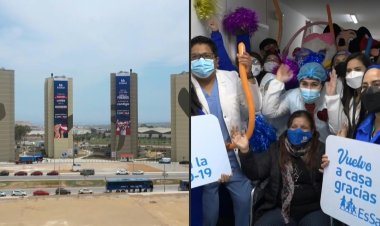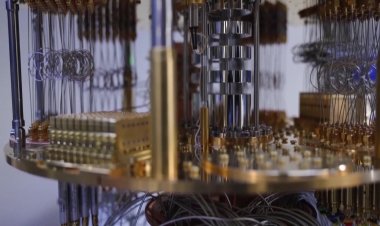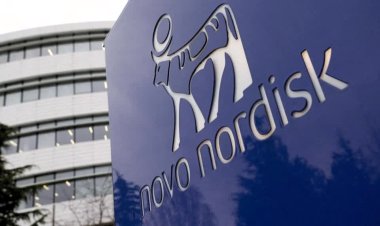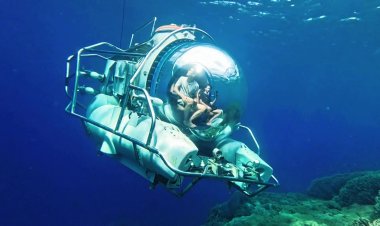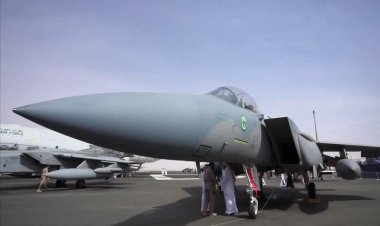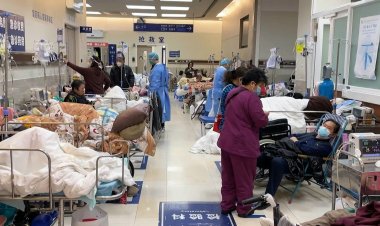US company turns air pollution into fuel, bottles and dresses
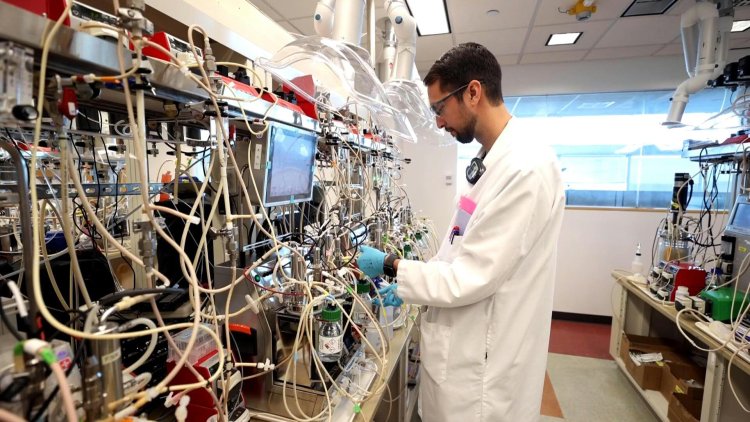
At LanzaTech's lab in the Chicago suburbs, a beige liquid bubbles away in dozens of glass vats.
The concoction includes billions of hungry bacteria, specialised to feed on polluted air -- the first step in a recycling system that converts greenhouse gases into usable products.
Thanks to licensing agreements, LanzaTech's novel microorganisms are already being put to commercial use by three Chinese factories, converting waste emissions into ethanol.
That ethanol is then used as a chemical building block for consumer items such as plastic bottles, athletic wear and even dresses, via tie-ins with major brands such as Zara and L'Oreal.
"I wouldn't have thought that 14 years later, we would have a cocktail dress on the market that's made out of steel emissions," said microbiologist Michael Kopke, who joined LanzaTech a year after its founding.
To date, LanzaTech says it has kept 200,000 metric tons of carbon dioxide out of the atmosphere, while producing 190 million litres of ethanol.
Because the bacteria can ingest CO2, carbon monoxide and hydrogen, the process is extremely flexible, explains Zara Summers, LanzaTech's vice president of science.
"In the future, I think the vision is there is no such thing as waste, because carbon can be reused again," said Summers.
Having spent 15 years developing the methodology and proving its large-scale feasibility, the company is now seeking to ramp up its ambition and multiply the number of participating factories.




